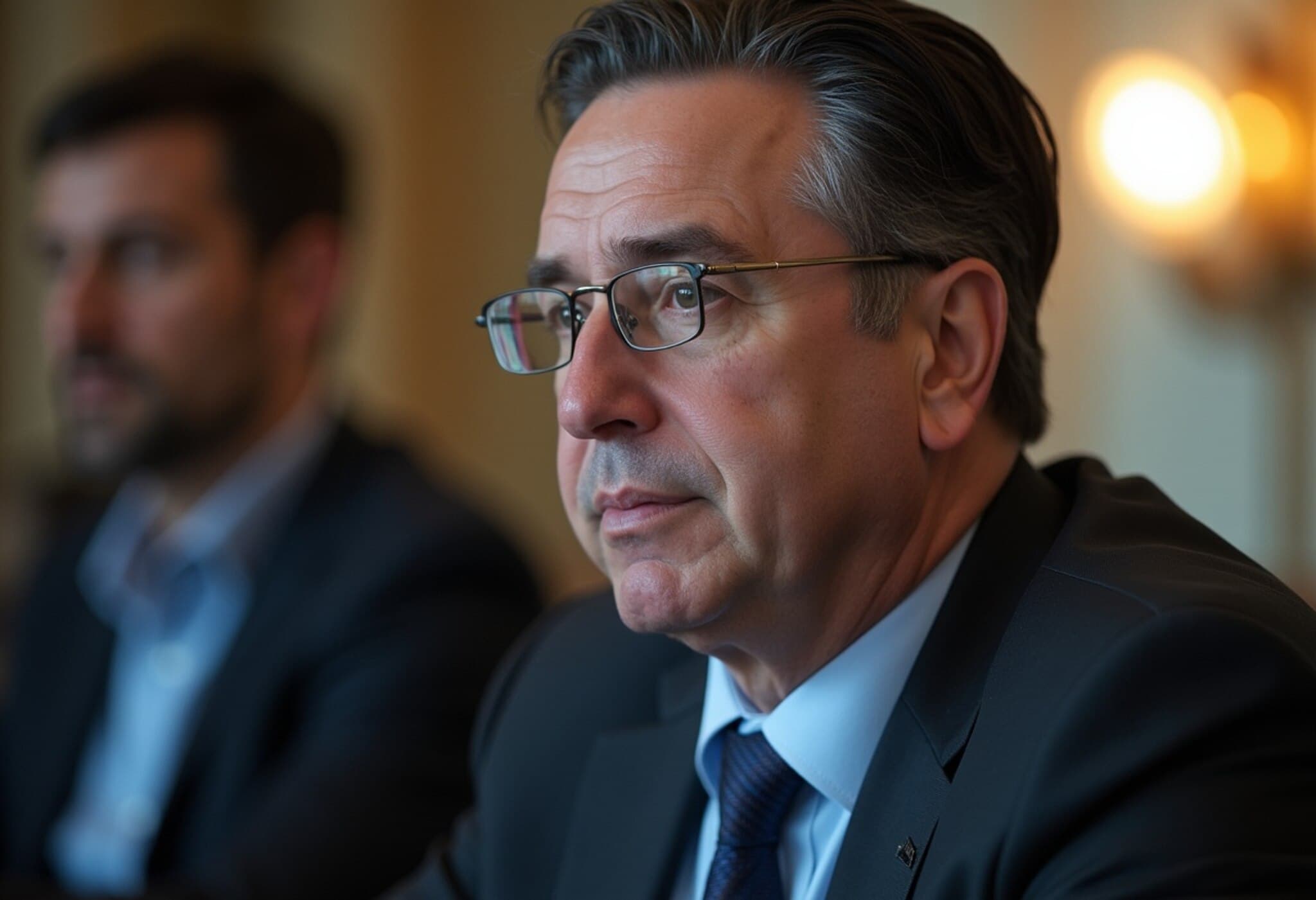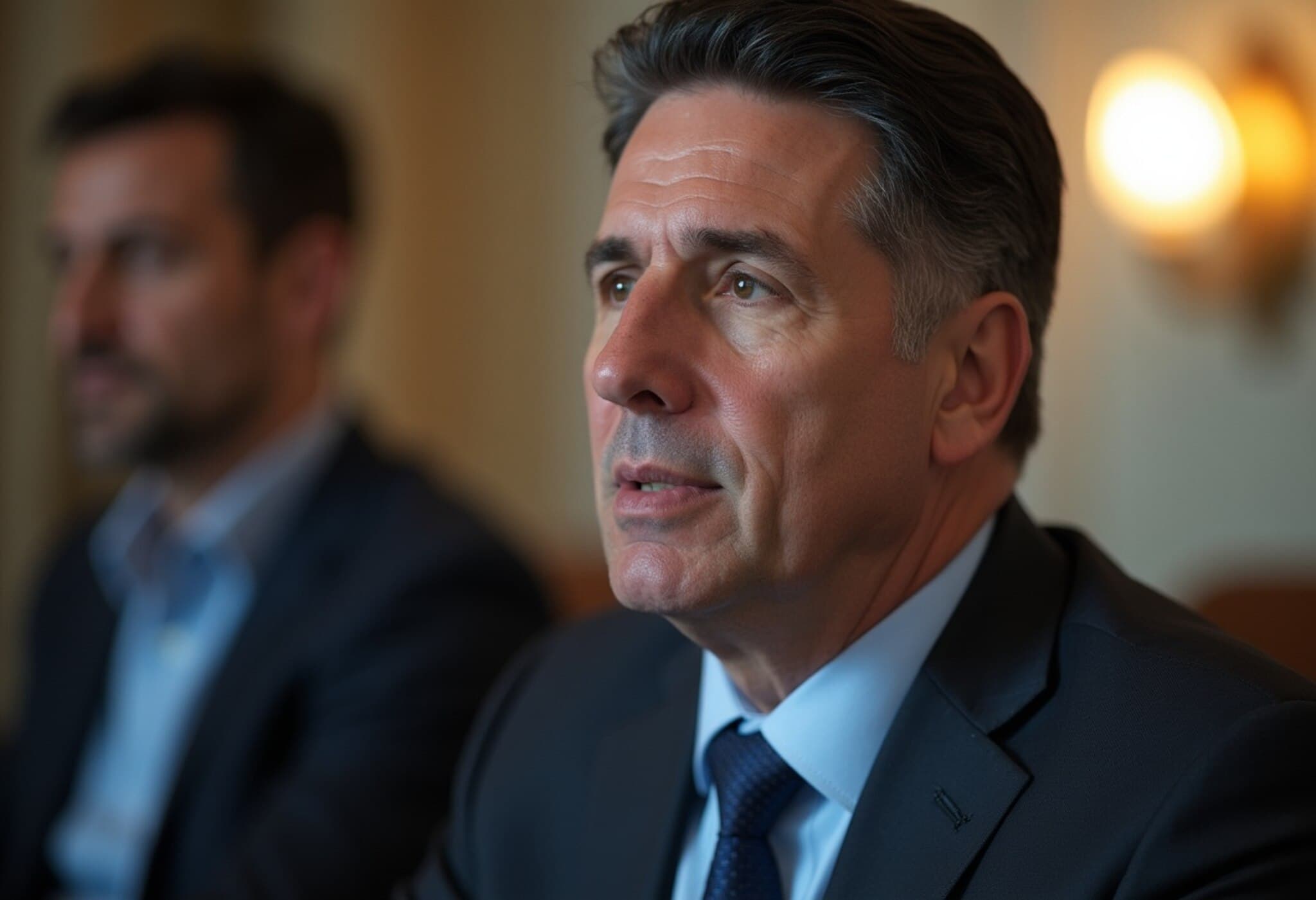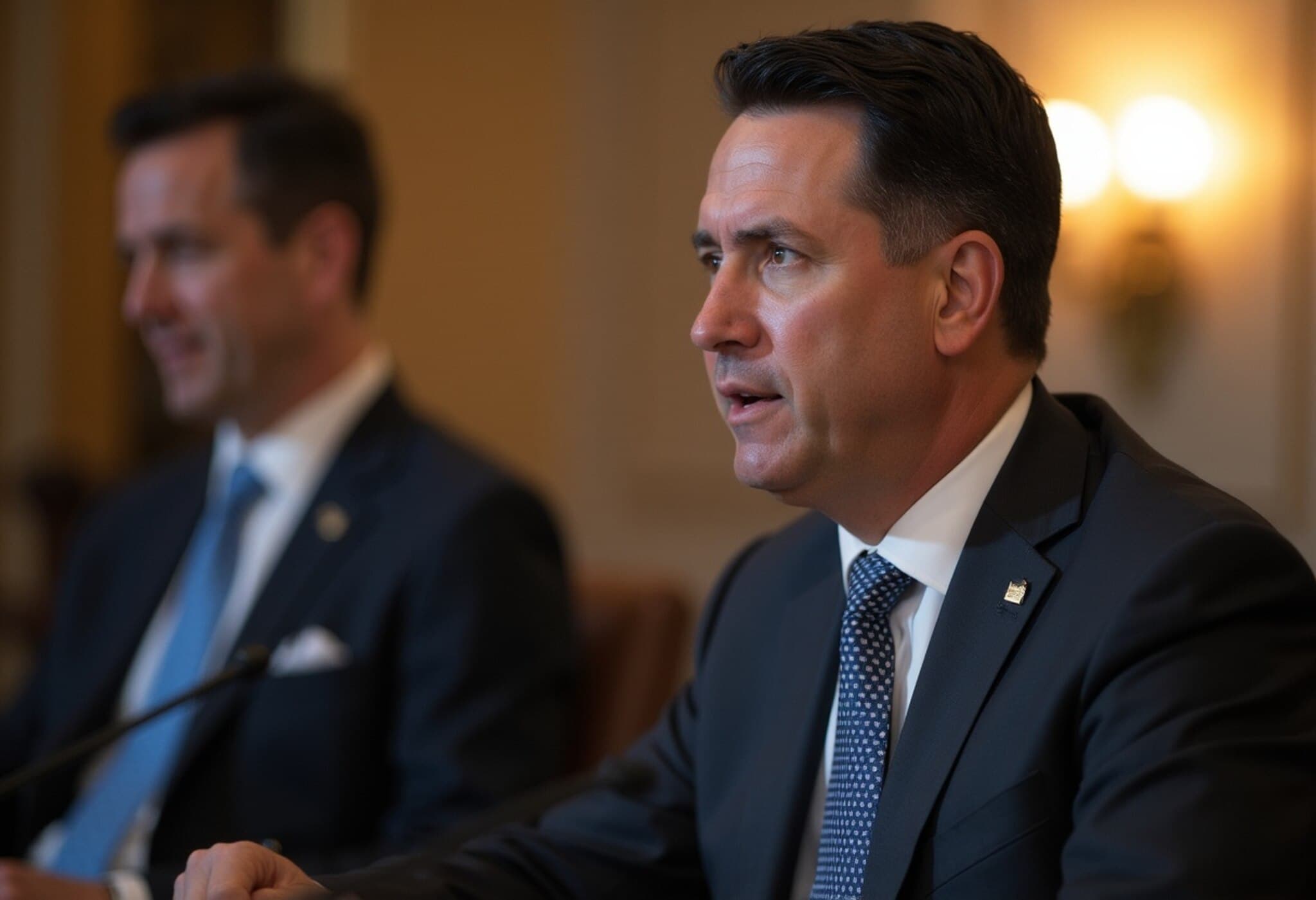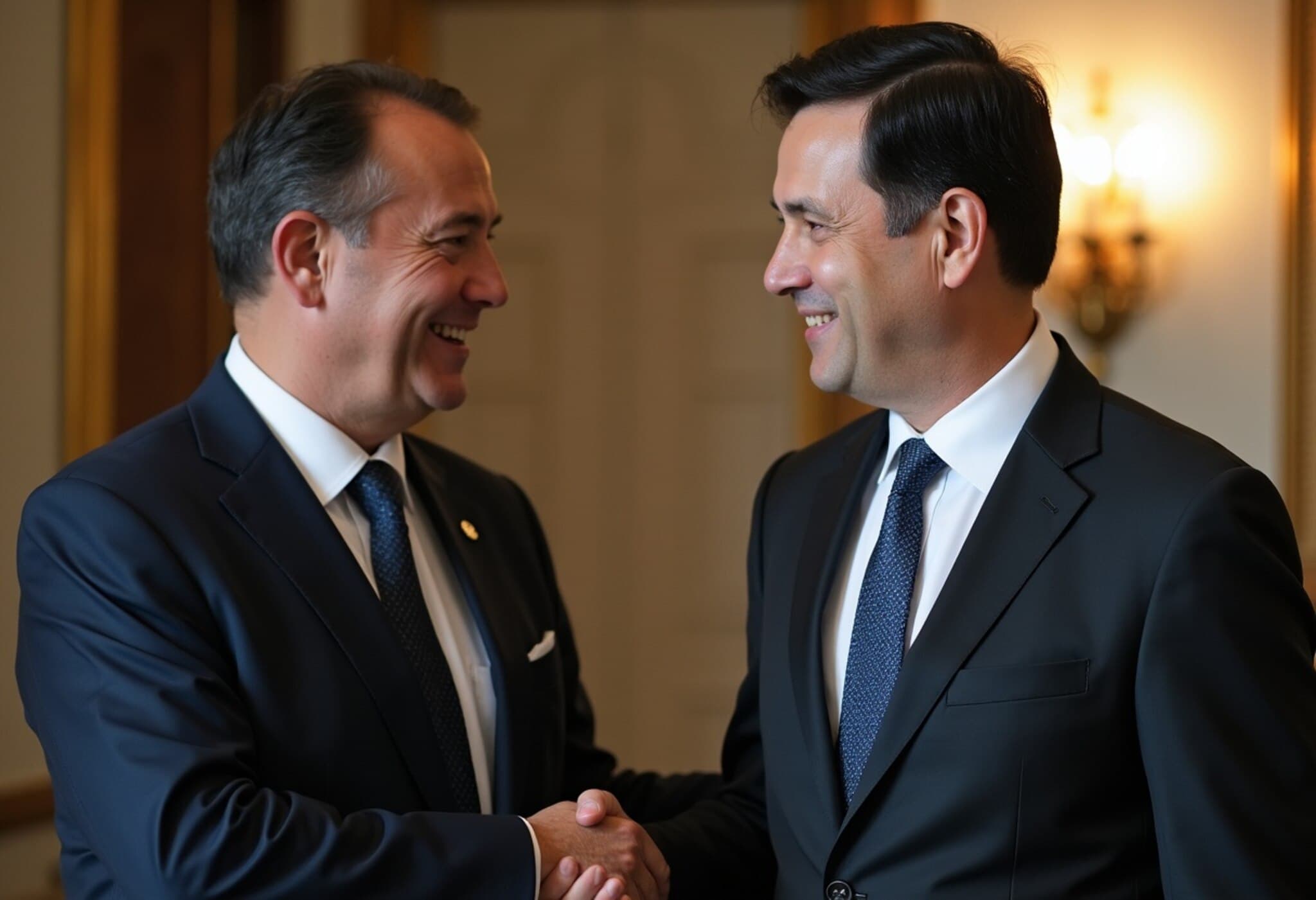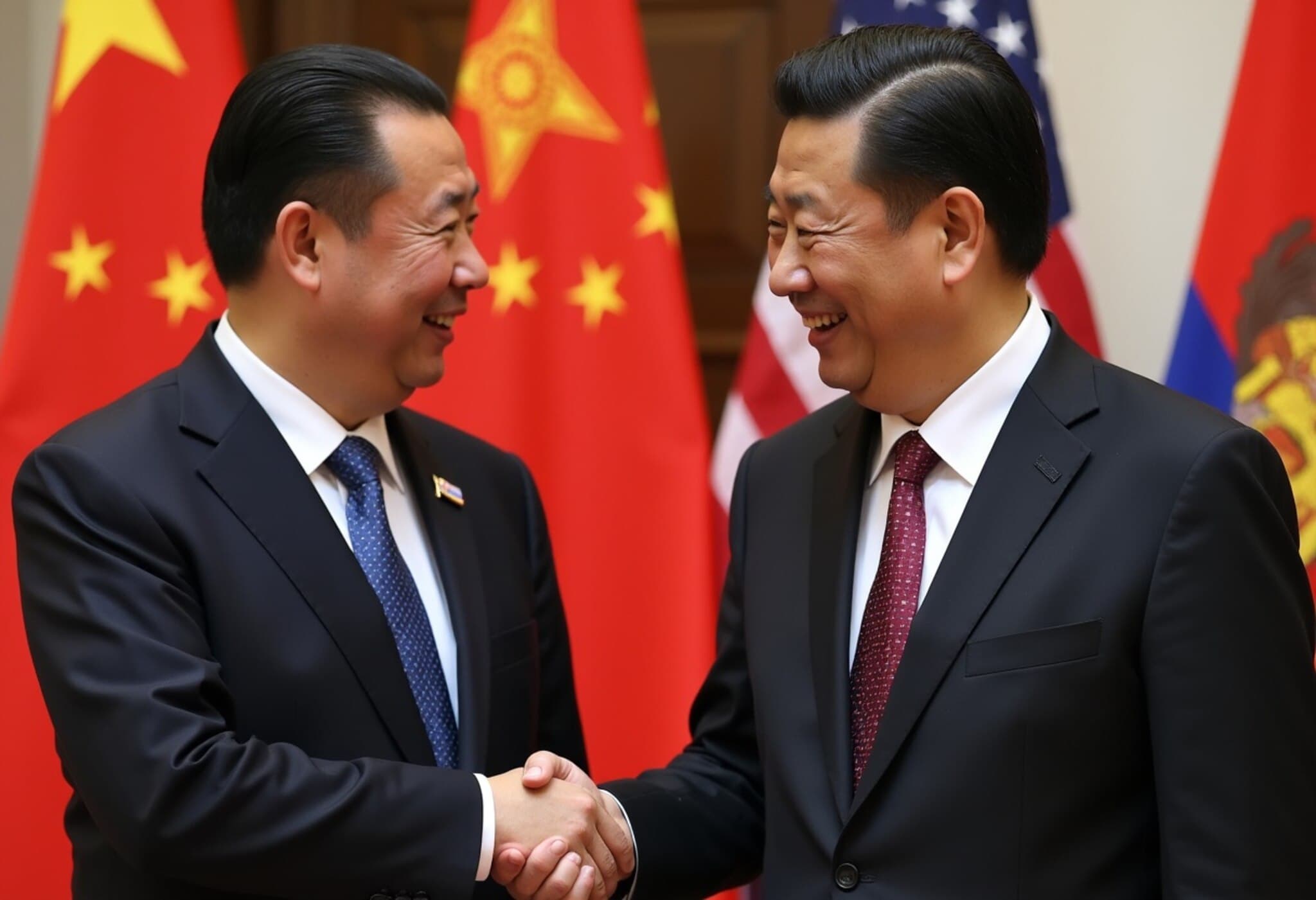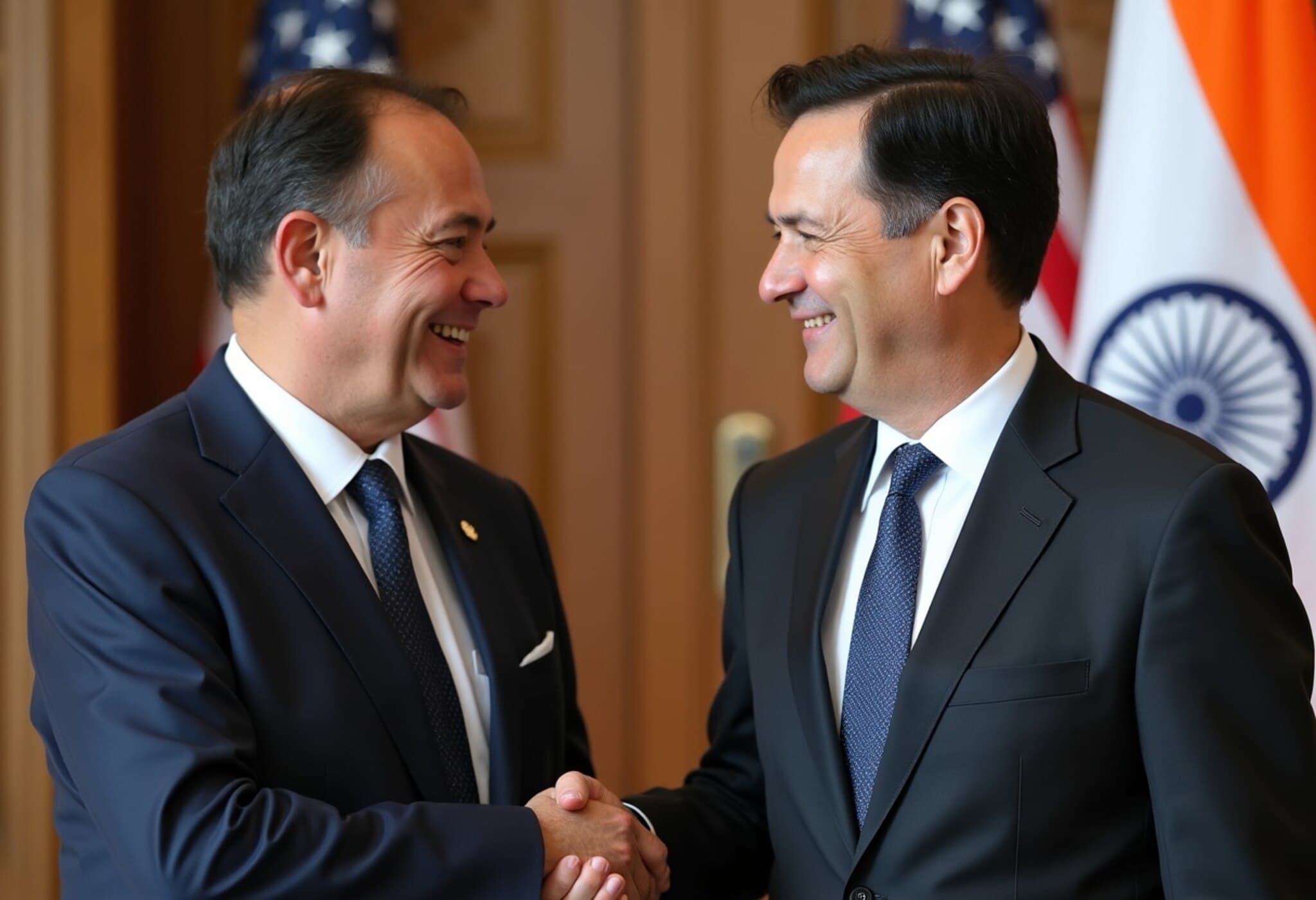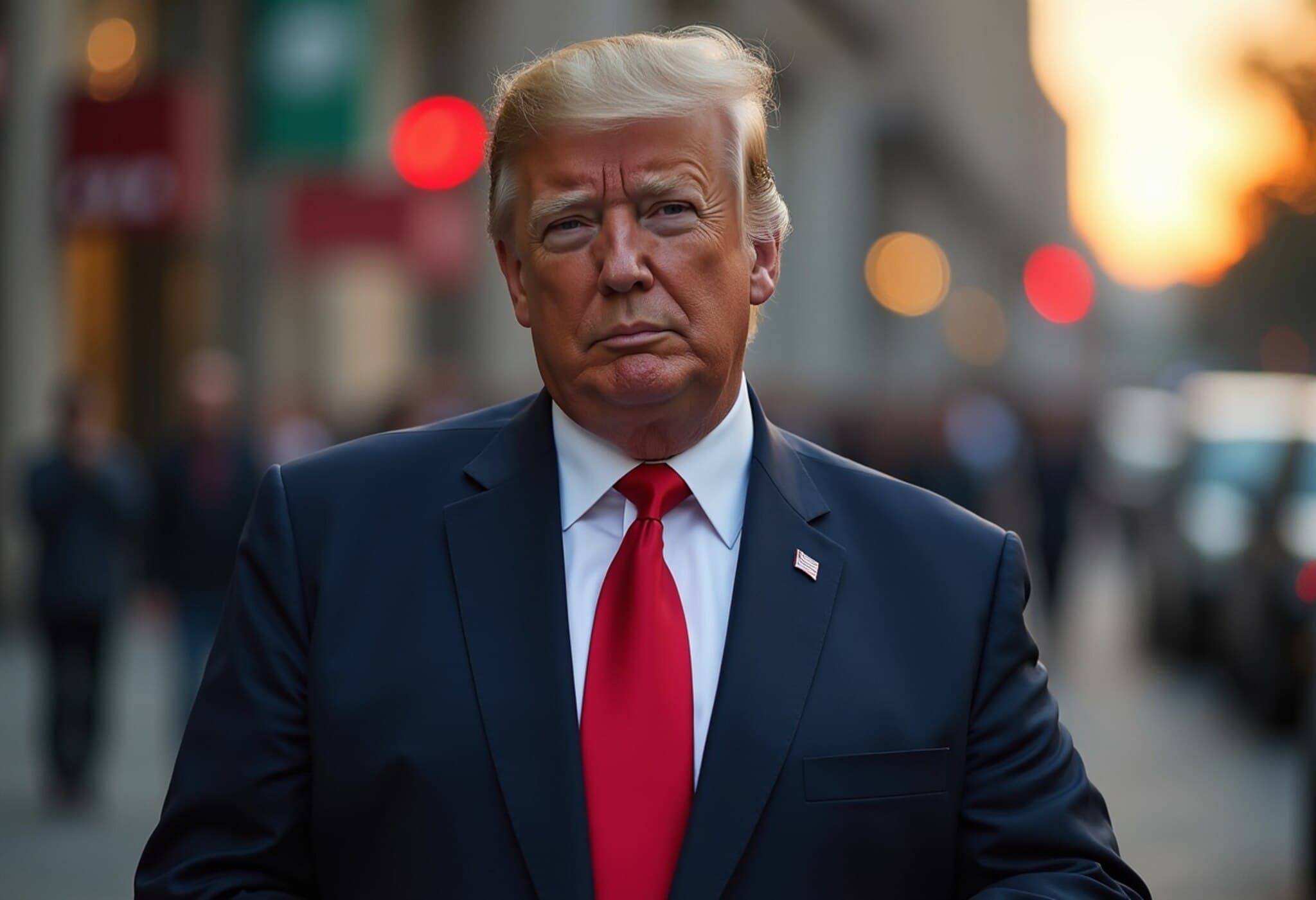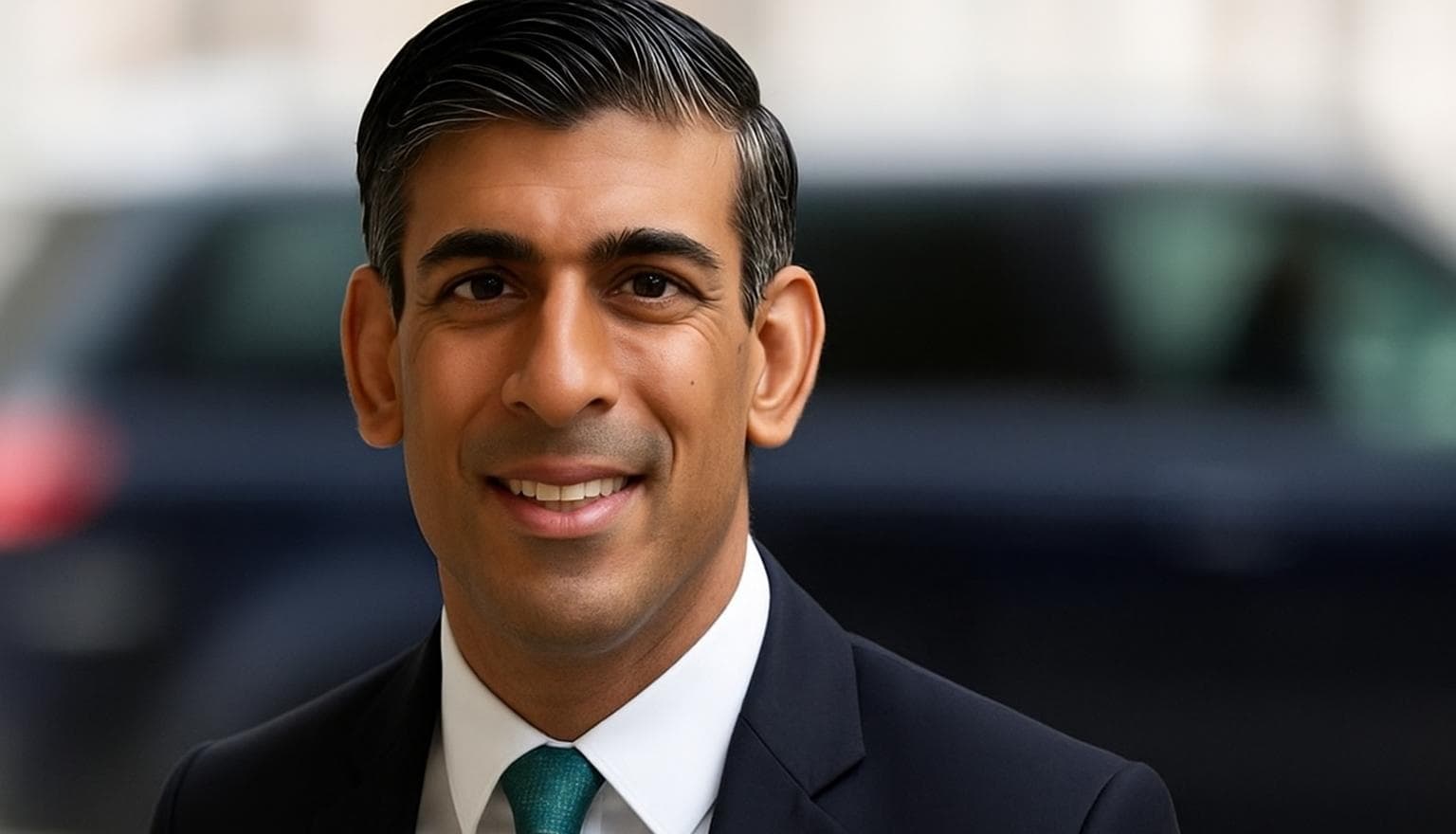AI-Fueled Impersonation Campaign Targets US Secretary of State Marco Rubio
In a striking reminder of how artificial intelligence can be weaponized in the realm of international diplomacy and cybersecurity, the U.S. State Department has issued a formal warning regarding recent attempts by unknown actors to impersonate Secretary of State Marco Rubio through sophisticated AI technologies. This alarming development, disclosed in a classified cable leaked on July 3 and obtained by The Associated Press, revealed that an imposter masquerading as Rubio reached out to at least three foreign ministers, as well as a U.S. senator and a state governor.
Behind the Scenes of a High-Stakes Cyber Hoax
These fraudulent communications took place through modern digital channels such as SMS, Signal messaging, and voice mail—some messages reportedly used AI-generated voice technology to mimic Rubio’s speech patterns. While the State Department and FBI acknowledge that the impersonation attempts so far have been "unsophisticated" and unsuccessful, the incident raises profound concerns about the evolving nature of disinformation and cyber espionage in global diplomacy.
According to senior officials who spoke anonymously due to the ongoing investigation, the department has not identified the targets publicly, citing security reasons. Yet, the fact that foreign ministers and senior state officials were primary targets underscores the high-stakes nature of these attacks.
Official Response: Heightened Cybersecurity Measures Amid Growing Risks
The State Department’s cable emphasized the importance of strengthening cybersecurity defenses and increasing awareness among diplomatic personnel worldwide. “The department takes seriously its responsibility to safeguard its information and continuously takes steps to improve the department’s cybersecurity posture to prevent future incidents,” the statement read.
Experts note that while the immediate threat remains contained, the potential for AI-enabled impersonations to cause diplomatic confusion, leak sensitive information, or manipulate political outcomes remains significant.
Contextualizing the Threat: From Marco Rubio to Other Senior Officials
This event follows a similar AI-driven impersonation saga involving Susie Wiles, former chief of staff to President Donald Trump, as reported earlier this year by The Wall Street Journal. In that case, AI-generated calls and texts were sent to government officials and business leaders using contacts from Wiles’ personal phone—underscoring how personal data breaches can amplify the reach of such malicious campaigns.
Experts highlight that leveraging AI-generated voices and texts in impersonation schemes marks a new frontier in cyber deception. Unlike traditional phishing or social engineering, AI can produce realistic audio and textual content that can deceive even experienced professionals.
Expert Commentary: The Growing Intersection of AI and Security
Dr. Elena Martinez, a cybersecurity analyst specializing in AI risks, remarks, "This incident illustrates how artificial intelligence is not merely a tool for innovation but also a double-edged sword that adversaries can exploit quickly and at scale. Governments and diplomatic entities must accelerate investments in AI detection capabilities and train staff to recognize subtle signs of deepfake communications."
Furthermore, the incident raises critical policy questions: How can international protocols adapt to the rapid pace of AI-enhanced espionage? What legal frameworks can deter state and non-state actors from weaponizing AI against government officials?
Broader Implications for US Foreign Policy and Cybersecurity
- Diplomatic Trust at Risk: Impersonation of high-level officials threatens to undermine trust between governments, potentially destabilizing sensitive negotiations.
- Information Leakage: Even unsuccessful attempts may expose confidential information if targeted individuals are deceived.
- Call for Cross-Agency Collaboration: Enhancing security requires coordinated efforts among intelligence agencies, diplomatic services, and private technology firms.
Looking Ahead: Navigating the New Reality of AI-Enabled Threats
As AI technologies grow in sophistication, so too will the threats they pose in political and cybersecurity spheres. This incident serves as a wake-up call for governments worldwide to rethink vulnerability assessments and incorporate AI literacy into security protocols.
For American diplomats stationed globally, vigilance remains paramount. Meanwhile, the public waits to see how authorities will bolster defenses against these evolving threats without impeding the legitimate use of AI for beneficial purposes.
Editor’s Note
The emergence of AI-powered impersonation attacks against senior U.S. officials like Marco Rubio reveals a troubling trajectory in cyber threats influencing global diplomacy. While current attempts may seem crude, the trajectory of AI development warns of more nuanced and convincing manipulations ahead. This raises crucial questions about the preparedness of governments to safeguard not only information but also the integrity and trust fundamental to international relations. How will U.S. policy evolve to confront these AI challenges, and what role will ethics and regulation play in this delicate balance?


